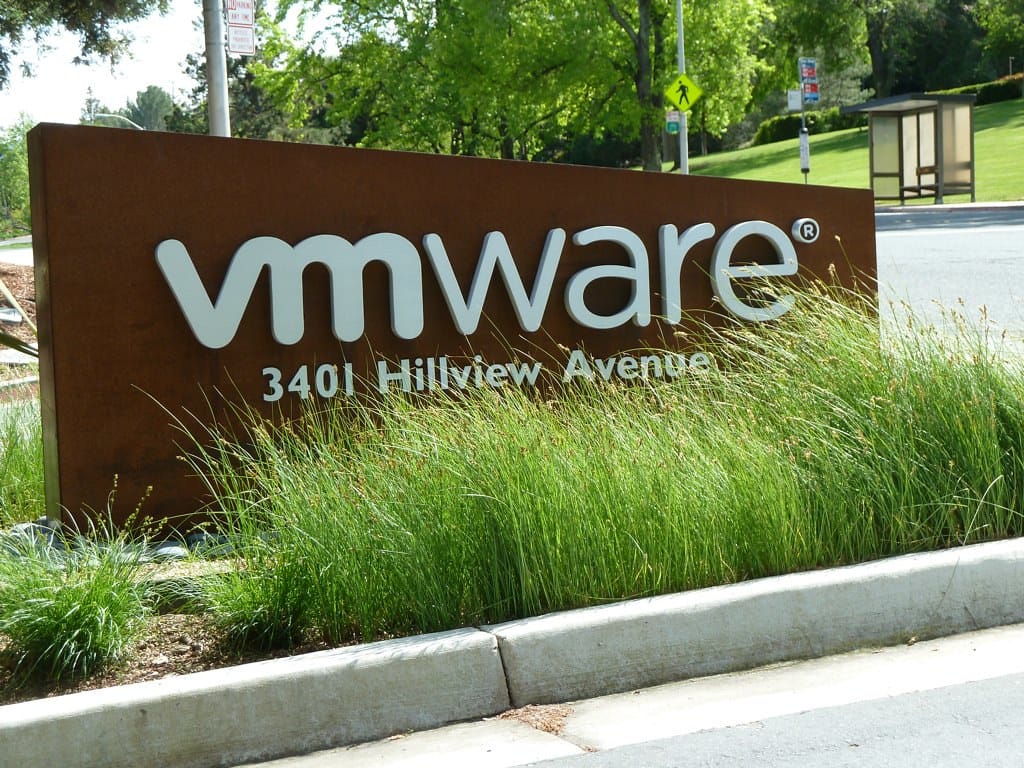Broadcom Begins Auditing VMware Perpetual License Holders: What IT Leaders Need to Know
In a move that has sent ripples through the enterprise IT community, Broadcom has begun issuing audit letters to organizations holding VMware perpetual licenses, marking a significant shift in how the company plans to manage and monetize its newly acquired virtualization portfolio. This development represents the latest chapter in Broadcom's aggressive transformation of VMware's business model since completing its $69 billion acquisition in November 2023.
The Audit Letter Reality
Recent reports from enterprise IT professionals indicate that Broadcom is systematically reaching out to VMware perpetual license holders with formal audit requests. These letters typically demand comprehensive documentation of software deployments, usage metrics, and compliance records within tight timeframes—often 30 days or less.
The timing is particularly notable, coming just months after Broadcom discontinued VMware's perpetual licensing model entirely, forcing all new customers into subscription-based arrangements. For organizations that invested heavily in perpetual licenses—sometimes viewing them as a hedge against future price increases—these audits represent an unwelcome surprise.
Understanding Broadcom's Strategy
Broadcom's approach appears to serve multiple strategic objectives. First, audits can identify compliance gaps that generate immediate revenue through true-up payments or penalties. Second, they create pressure points that may encourage perpetual license holders to migrate to Broadcom's preferred subscription model, despite the significantly higher ongoing costs.
Industry analysts suggest that Broadcom is particularly focused on maximizing revenue from its VMware investment. The company has already implemented substantial price increases—some customers report subscription costs that are 300-400% higher than their previous perpetual license maintenance fees.
Impact on Enterprise IT Budgets
The financial implications for affected organizations are substantial. Beyond the immediate costs of responding to audits—which can require dedicated legal and IT resources for weeks—companies face potential compliance penalties and pressure to accept expensive subscription conversions.
Consider a mid-size enterprise running 100 VMware hosts under perpetual licenses. Previously, they might have paid $50,000 annually in maintenance fees. Under Broadcom's new subscription model, the same workload could cost $200,000 or more annually, representing a 300% increase in ongoing expenses.
Legal and Compliance Considerations
VMware perpetual license agreements typically include audit rights, giving Broadcom legal authority to verify compliance. However, the aggressive timeline and comprehensive nature of current audit requests have caught many organizations off-guard.
IT leaders should immediately review their license agreements to understand their rights and obligations. Key areas of focus include:
- Documentation requirements: Ensuring accurate records of all VMware deployments
- Scope limitations: Understanding what Broadcom can and cannot audit
- Timeline negotiations: Exploring options to extend unrealistic deadlines
- Legal representation: Considering whether specialized software audit attorneys should be engaged
Preparing for the New Reality
Organizations still operating under VMware perpetual licenses should take proactive steps to prepare for potential audits:
Conduct internal audits to identify any compliance gaps before Broadcom does. This includes documenting all VMware installations, ensuring proper licensing for all features in use, and maintaining detailed deployment records.
Evaluate alternatives while still operating under existing licenses. The current market offers several viable virtualization platforms, including Microsoft Hyper-V, Nutanix, and various open-source solutions.
Budget for change by modeling the financial impact of both subscription conversion and potential migration to alternative platforms. Many organizations are discovering that migration costs, while significant, may be lower than long-term subscription expenses.
Industry Response and Market Dynamics
The broader enterprise software market is watching Broadcom's VMware strategy closely. Similar audit campaigns at other major software vendors have typically resulted in significant customer churn, as organizations seek more predictable and cost-effective alternatives.
Early indicators suggest that VMware's traditional competitors are experiencing increased interest from enterprises looking to reduce their dependence on Broadcom's increasingly expensive platform.
Looking Ahead
Broadcom's audit campaign against VMware perpetual license holders represents more than a compliance exercise—it's a fundamental shift in the relationship between vendor and customer. Organizations must now navigate an environment where their existing investments provide less protection against vendor pricing power.
The key takeaway for IT leaders is clear: the era of VMware perpetual licenses providing long-term cost predictability is effectively over. Whether through audit-driven compliance costs, subscription conversion pressure, or the need to evaluate alternatives, change is inevitable.
Smart organizations are using this disruption as an opportunity to reassess their entire virtualization strategy, potentially emerging with more diversified, cost-effective, and vendor-independent infrastructure architectures.
